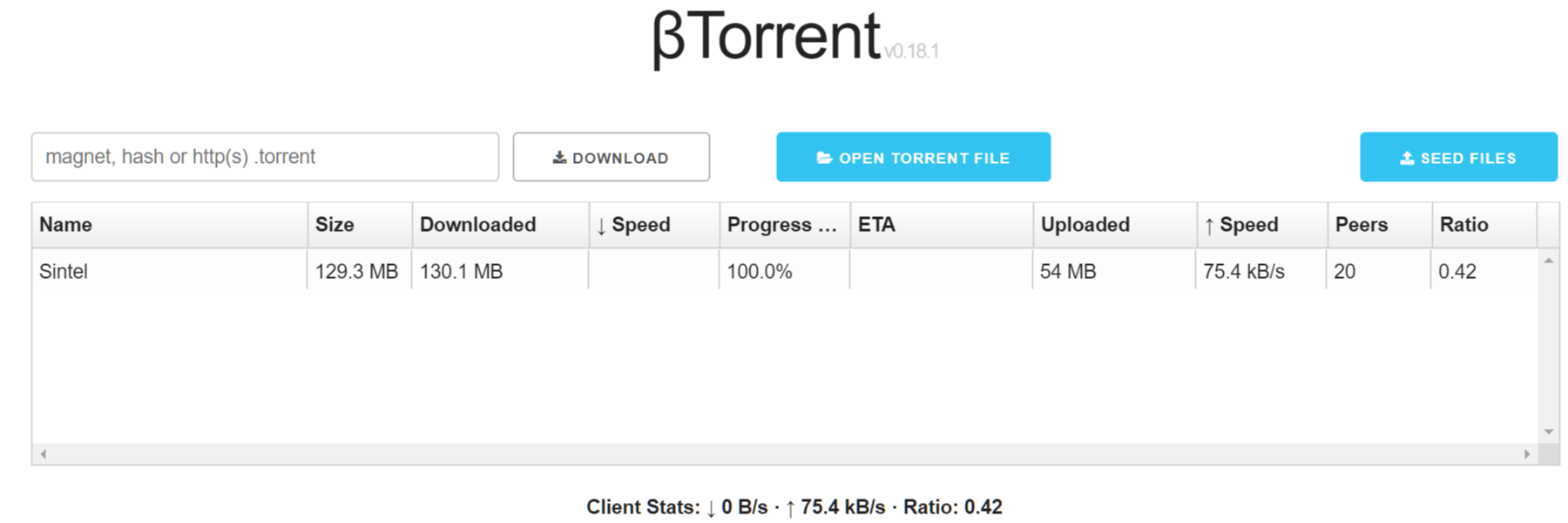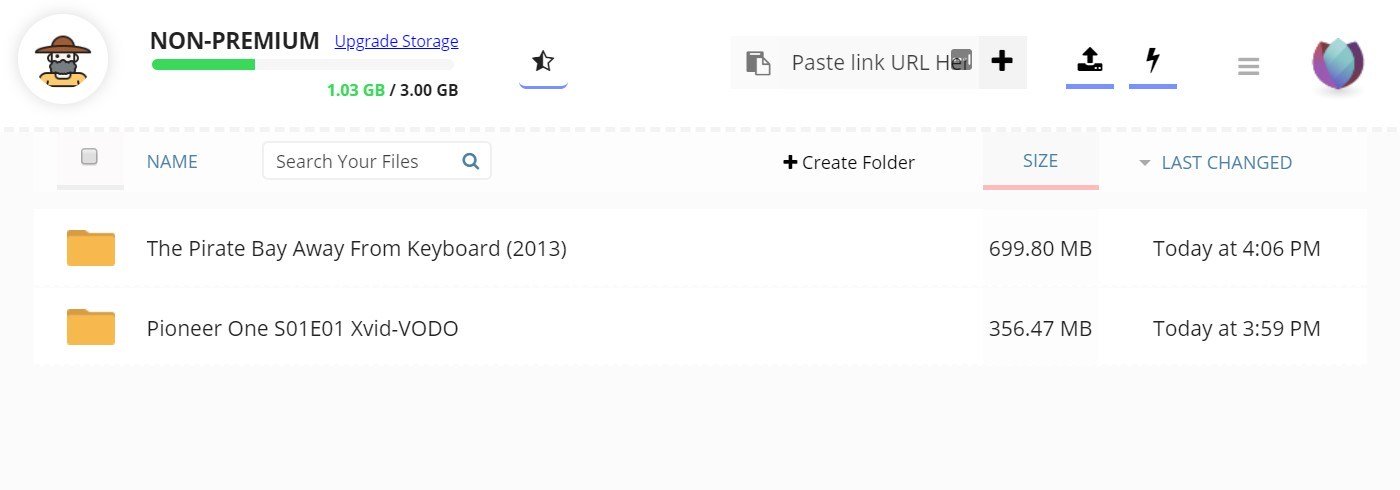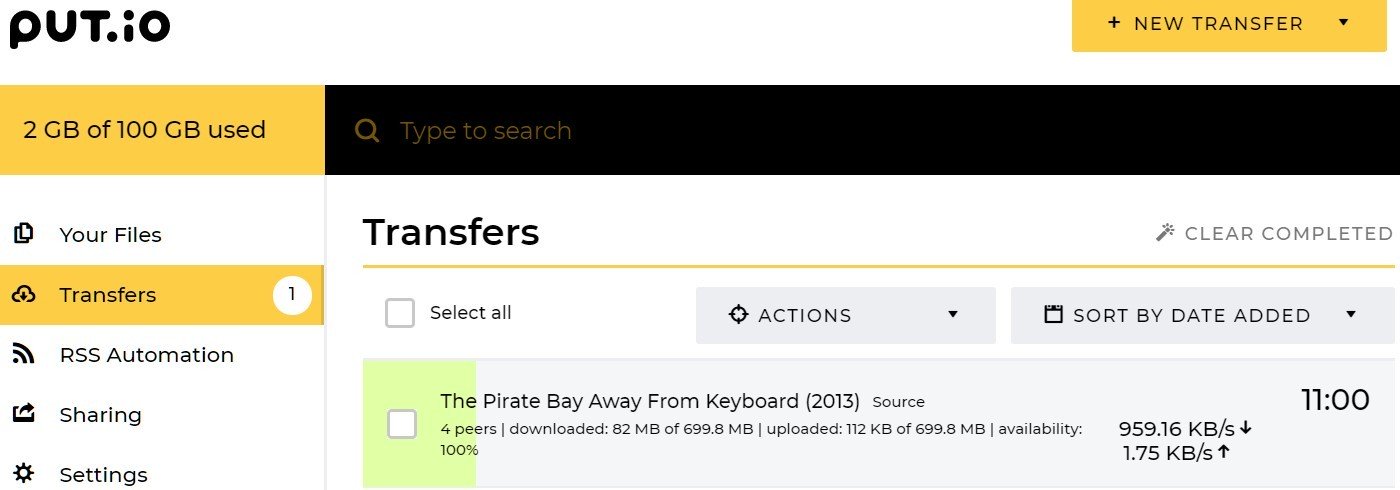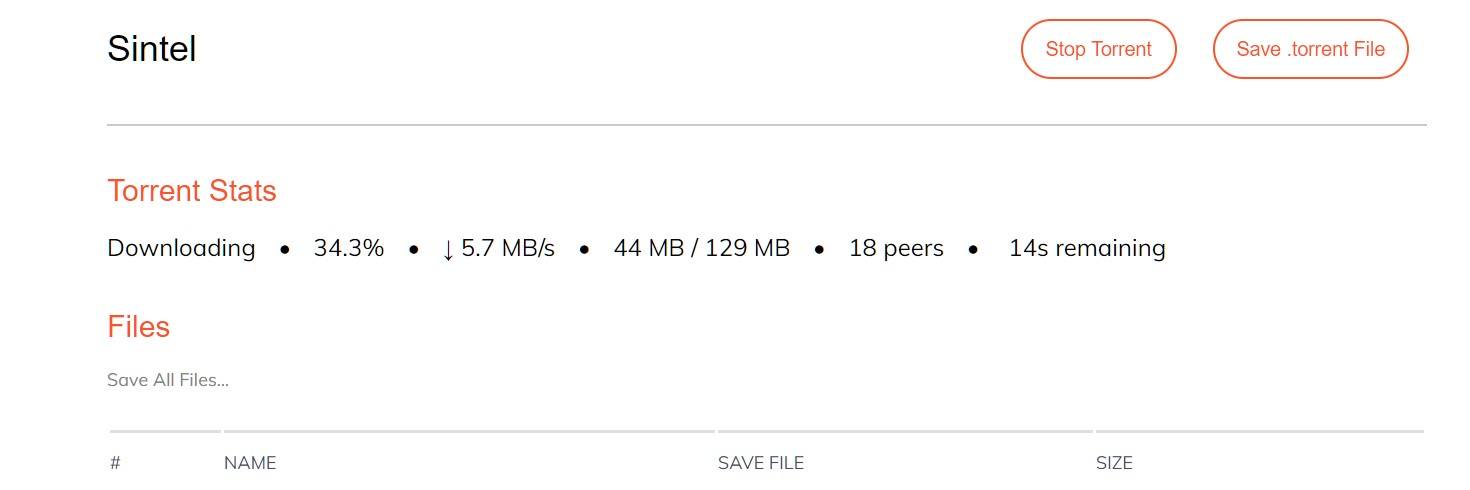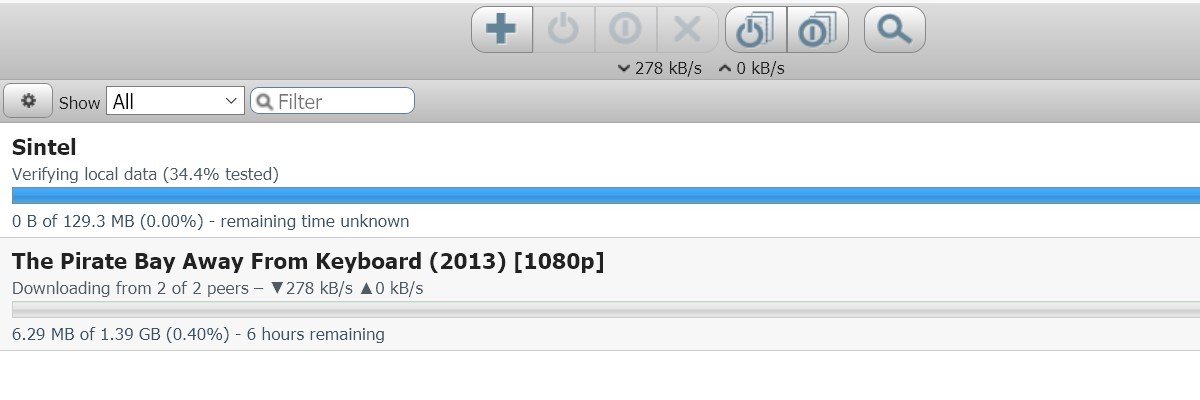The Music Mission Campaign Aims to Shut Down 200 Music Piracy Sites
mardi 19 mai 2020 à 12:42 The existence of torrent indexes and streaming portals is broadly acknowledged online. Equally, people are well aware of the hundreds of lower-quality music sites that often pull their content from YouTube for download.
The existence of torrent indexes and streaming portals is broadly acknowledged online. Equally, people are well aware of the hundreds of lower-quality music sites that often pull their content from YouTube for download.
However, there is another class of music piracy sites that are mentioned in public much less often. These are professionally presented, so much so that many consumers could be forgiven for thinking they are official platforms. While that may sound attractive to pirates, users soon find that access to the content on offer is conditional on paying a fee, albeit at a fraction of the rates offered by officially-sanctioned distributors.
This combination of highly-polished interfaces, advanced features, alongside a broad range of content means that these pirate platforms represent direct competition for digital platforms such as Beatport, Juno, and Traxsource, undermining their business models and those of the labels that rely upon them.
To illustrate how similar these platforms are and the type of advanced features they offer, the images below show the same track – the first on Beatport and the second on a pirate competitor. From cover art, genre, artist tags, BPM and even a DJ-friendly track key, the pirate platform has everything covered.


In response to this threat, a new anti-piracy initiative has just been launched. Spearheaded by anti-piracy company AudioLock and digital label service LabelWorx, The Music Mission campaign aims to tackle around 200 of these unlicensed competitors.
After mapping and investigating the underlying infrastructure and dependencies of these sites, the project will target their hosting providers but perhaps more importantly, seek to cut off their source of revenue by disrupting their payment gateways, thus preventing them from taking orders from subscribers.
Speaking with TorrentFreak, AudioLock founder and CEO Ben Rush explains that with well-architected structures designed to funnel traffic to other resources and provide protection from takedowns, the mission to take these sites won’t be straightforward. However, given that they are mostly professional paysites, there is a determination to do whatever is needed to disrupt their activities and return revenue to official distributors.
“The expectation is that pirate means free and when discussing piracy with rights holders such a belief is often followed by ‘How can you fight free?’,” Rush says.
“The awareness of what is occurring and the size of it needs to be pushed because not only are the majority of the sites not providing a free option, so users can only access the music by paying, but there is a section of users who have been paying infringing sites without knowingly doing so. So this should mean that more of the money being paid to these infringing sites can be redirected to legitimate platforms.”
While some coordinated anti-piracy initiatives struggle to gain support, the same cannot be said for The Music Mission. As its supporter page shows, the project currently boasts hundreds of distributors, labels and other industry players, including the UK’s PRS For Music, an entity that has previously undertaken successful anti-piracy operations of its own.
For operational reasons AudioLock doesn’t want to make the full list of targeted sites public at this stage but a sample shared with TorrentFreak reveals sites making revenue via at least two mechanisms.
While some present ‘download’ buttons that link to file-hosting platforms where content can be downloaded, that can only be achieved by taking out a premium account with the file-hosting provider. However, the main goal, it appears, is to have site users sign up to a subscription with the platforms themselves, with packages ranging from one months’ access right up to a discounted one year plan.
Considering these are pirate platforms, those reviewed by TF request a lot of personal information even before an account can be obtained. This includes full name, email address, country of origin, and even links to valid social media accounts on Facebook, Instagram and SoundCloud, with the suggestion that platforms will vet prospective customers.
Despite apparent barriers to entry, The Music Mission believes that these sites are causing considerable financial damage to their partners. While Beatport, Juno Download and Traxsource alone pull in around 9.4 million visitors to their portals every month, it’s estimated that these pay-piracy sites trump that with around 11 million visits.
“The subscriptions on these infringing sites range from £8.50 to £41 per month, in comparison to our legitimate dance music stores charging between £1 to £2 per track and are paying the content owners,” Rush explains.
“While it is impossible to be sure, even if you assume that out of those 11 million visits to pay-for-access pirate sites, that only 35,000 visitors (0.32%) decide to pay for a subscription (at an average of £15 per month), that is still over £500,000 paid to the pirates currently per month. This cash injection back to our industry would make a substantial difference.”
In order to bring more labels on board, The Music Mission site has a tool they can use to see how much of their content is currently being made available illegally via these platforms. Rush informs TF that the scanner is being developed all the time and from tomorrow will be updating daily to scan for the latest releases.
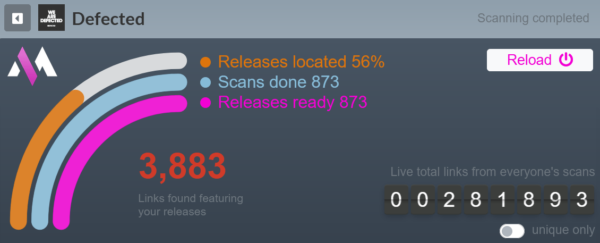
Targeting payment gateways is not a new anti-piracy strategy but The Music Mission hopes that by attracting a large volume of labels keen to support the cause, leverage against payment processors and server companies will be more effective. And with more scanning and information tools just around the corner, we are informed that this is just the beginning.
From: TF, for the latest news on copyright battles, piracy and more.
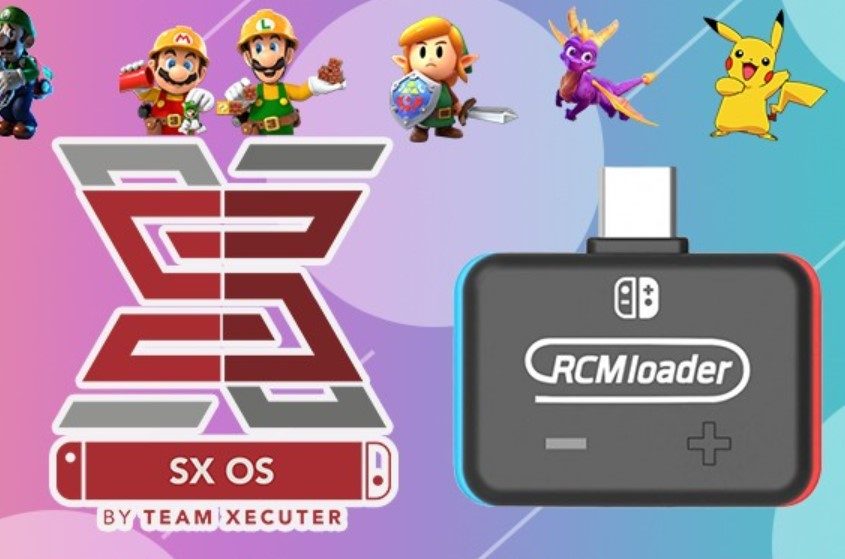 Two years ago, infamous hacking group Team-Xecutor announced the release of an
Two years ago, infamous hacking group Team-Xecutor announced the release of an 
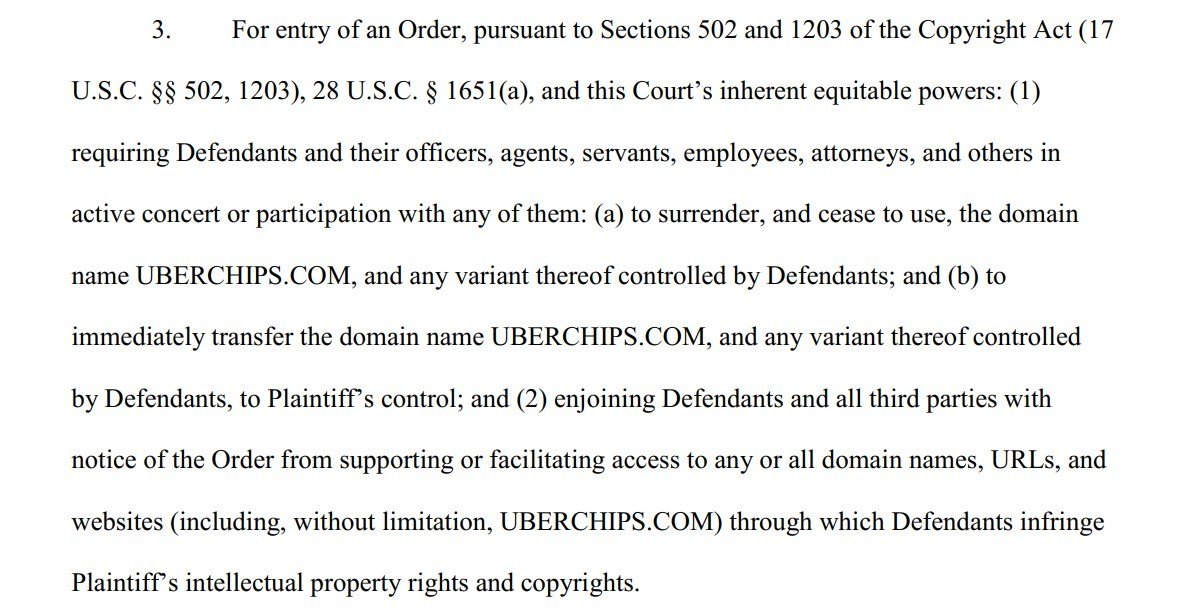


 In a world where playing music or watching videos on-demand is the standard, downloading torrents can seem quite cumbersome.
In a world where playing music or watching videos on-demand is the standard, downloading torrents can seem quite cumbersome.